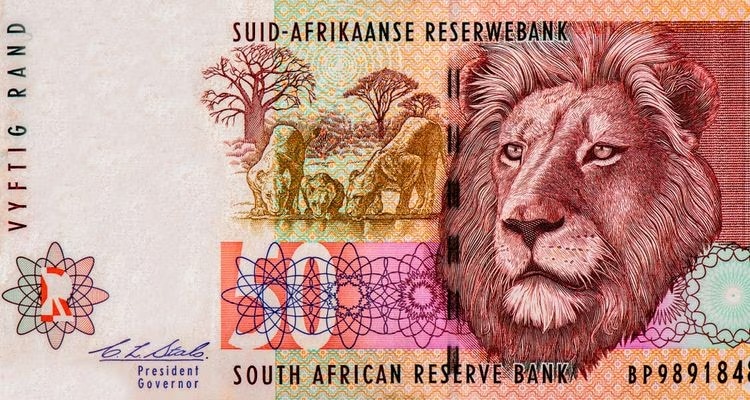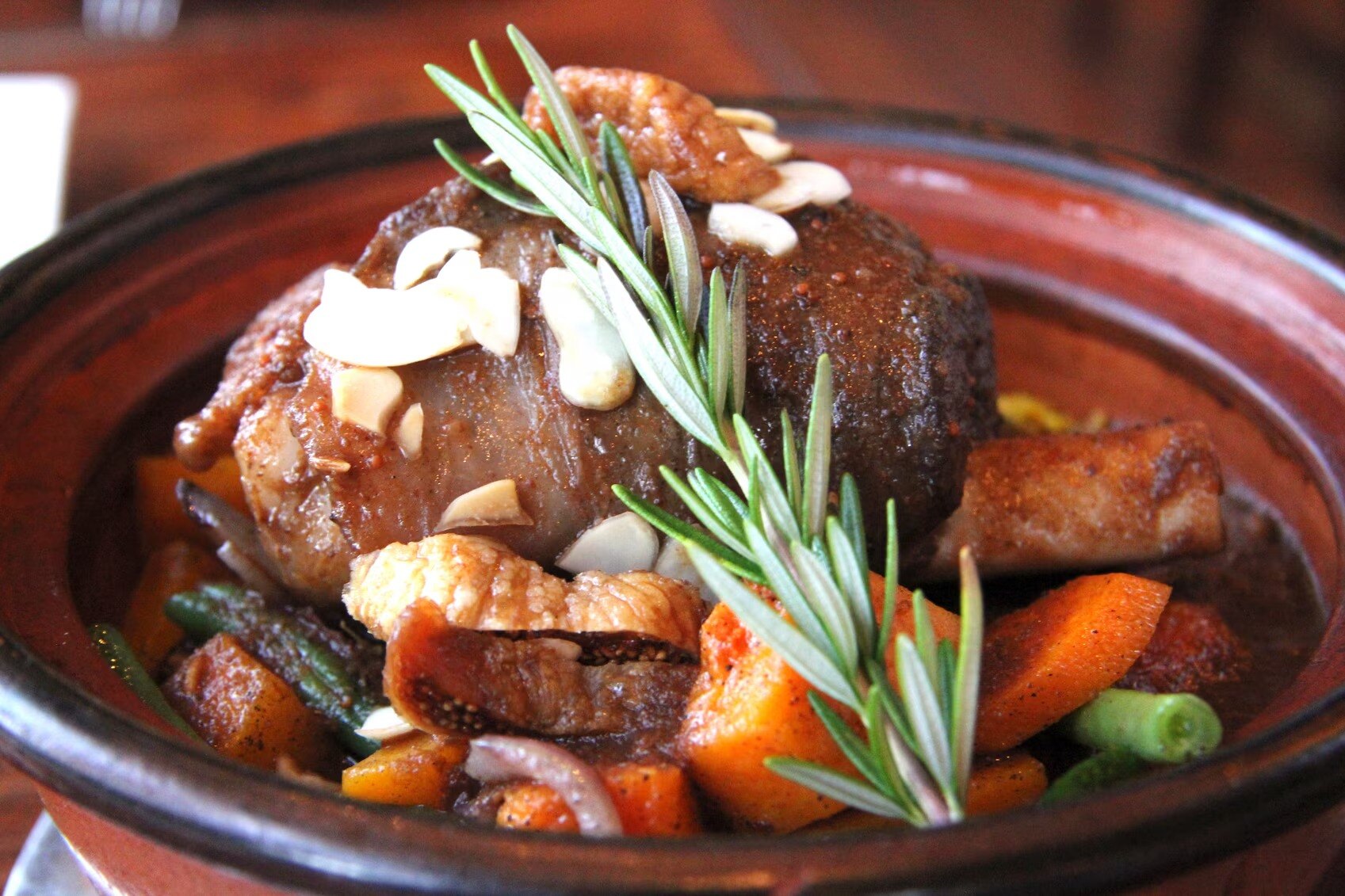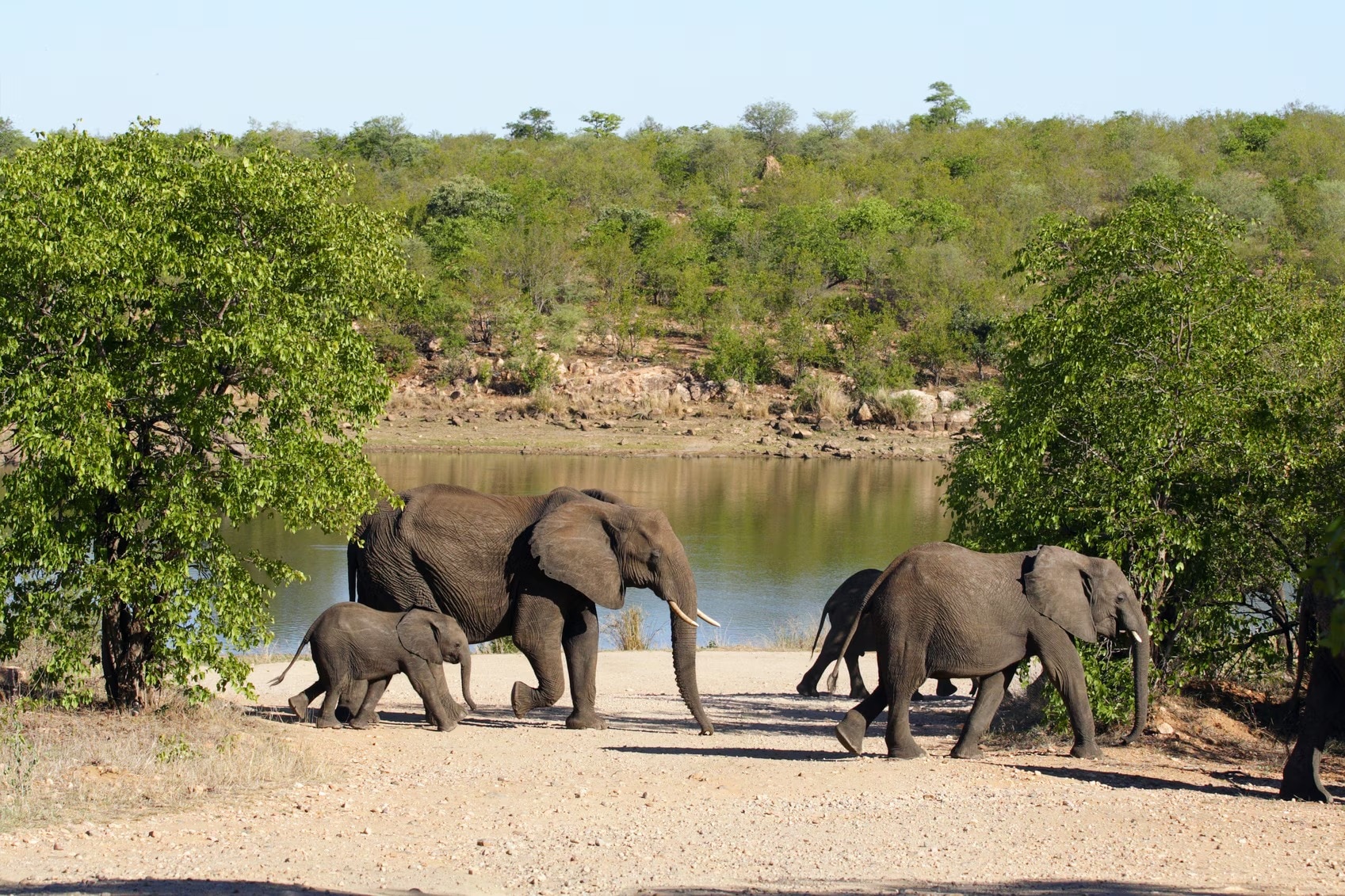South Africa Travel Tips and Information
Official Name
Republic of South Africa
Capital
Pretoria (administrative), Cape Town (legislative), Bloemfontein (judicial)
Population
Country Code
About 53 million
ZA
Country Code (international calls)
+27
The flight time to South Africa is approximately ---- hours. Check the climate, currency, religion, manners, other information of South Africa below. Wishing you pleasant travels to South Africa.
Located at the southernmost tip of the African continent, the country borders Eswatini, Mozambique, Zimbabwe, Botswana, Namibia, and Lesotho, with Lesotho being entirely landlocked within South African territory.
Local Climate / Weather
South Africa’s climate is diverse, offering unique experiences for travelers year-round. With its southern hemisphere location, the country enjoys warm summers from November to February, while winters last from June to August, bringing milder temperatures that vary depending on the region. Seasonal Travel Advice: For travelers, South Africa’s summer season (November to February) offers warm, sunny weather ideal for beach outings, wildlife safaris, and city explorations. During these months, temperatures range from 20°C to 35°C in most areas, making coastal destinations like Cape Town and Durban popular choices. However, since this is also peak tourist season, it’s wise to book accommodations and tours in advance. Winter (June to August) in South Africa is generally mild and ideal for those who prefer cooler temperatures. In the interior highlands, temperatures can dip as low as 0°C at night, though daytime averages stay between 10°C and 20°C. This period is excellent for game viewing in popular safari destinations like Kruger National Park, as animals congregate near water sources, increasing the chances of sightings.
Currency & Tipping
Currency
When visiting South Africa, travelers should be aware of the local currency and tipping customs to make the most of their travel experience. The official currency is the South African Rand (ZAR), symbolized by "R" and available in various denominations. ATMs are widely accessible, and credit cards are commonly accepted in cities, though it's wise to keep some cash on hand for smaller vendors or remote areas.
Tipping
Tipping is customary in South Africa, especially in the service industry. In restaurants, a tip of 10-15% of the bill is generally appreciated, with some establishments adding a gratuity for larger groups. For taxi drivers, rounding up the fare or offering a small tip is standard, while hotel staff, porters, and guides also appreciate a small gesture of thanks. By following these local customs, travelers can show appreciation and enjoy smooth interactions with service providers during their South African journey.
Useful Travel Information

Voltage & Electrical Outlets
South Africa uses 230 volts with a frequency of 50 Hz, and power outlets mainly feature Type D, M, and N plugs. To avoid compatibility issues, travelers should bring a universal adapter and check if their devices support dual voltage.

Internet Connectivity
South Africa offers reliable internet services in urban areas, with Wi-Fi commonly available in hotels, cafes, and airports. For mobile connectivity, local carriers such as Vodacom, MTN, and Telkom offer affordable prepaid SIM cards with data packages. Travelers can conveniently purchase these SIM cards at major airports, making it easy to stay connected.
Water for Consumption (Drinking Water)
In most urban areas, South Africa’s tap water is generally safe for drinking. However, in rural or remote locations, it is advisable to opt for bottled water to avoid any potential health risks.
Culture, Religion & Social Etiquette
Culture
South Africa's culture is a remarkable blend of indigenous customs, colonial history, and modern influences. The Zulu, Xhosa, and Sotho communities represent some of the major ethnic groups, each with unique traditions. Storytelling, dance, and song play central roles in South African life, reflecting the nation's history and collective experiences. Festivals like Heritage Day, often called "National Braai Day," celebrate this diversity, encouraging South Africans to unite and celebrate their heritage. For travelers, joining in on these cultural practices can offer a fascinating experience. Be sure to attend local festivals, explore the traditional beadwork and crafts, and taste foods from braais (barbecues) to dishes like bobotie and biltong. Travelers may find similarities in South Africa's family-centered culture and hospitality, as warmth and kindness are highly valued in both societies.
Religion
South Africa’s religious landscape is predominantly Christian, with other religions such as Islam, Hinduism, and traditional African beliefs contributing to the spiritual diversity. Many South Africans are open about their faith and often incorporate religious observances into daily life. Travelers will find that churches, mosques, and temples are commonly found across the country, reflecting its inclusivity. Respecting religious practices is crucial, as certain areas may observe different customs. For instance, in Muslim communities, modest clothing and respect for prayer times are encouraged. South Africans generally appreciate open-mindedness, so travelers with a spiritual interest may find a welcoming environment for exploring South Africa’s religious sites and traditions.
Social Etiquette
South Africans value courtesy, respect, and friendliness. Common greetings involve a firm handshake with direct eye contact, and locals are often open to conversations with strangers. It is customary to address elders or senior individuals respectfully, often using titles like "Mr." or "Mrs." unless invited to use first names. Known for their hospitality and politeness, may find South Africa’s social norms familiar, making interactions enjoyable and easygoing. When dining, it’s polite to wait for everyone to be seated before starting a meal. South Africans appreciate punctuality, especially in business contexts, so being on time is viewed positively. For travelers, observing these practices will help them seamlessly integrate and show respect within South African society.
Food Culture
South African cuisine offers travelers an exciting journey through rich flavors and diverse cultural influences, making it a must-try experience on any visit. South African food culture is shaped by a unique blend of indigenous ingredients and the culinary traditions of various communities, including African, Dutch, Indian, and Malay. Traditional dishes are hearty, flavorful, and often made to share, reflecting the communal spirit of South African dining. Travelers may enjoy tasting bobotie, a Cape Malay dish made of spiced minced meat baked with an egg-based topping, or trying biltong, a popular dried meat snack that’s perfect for road trips across South Africa’s scenic landscapes. Street food in South Africa is vibrant and delicious, with options like bunny chow, a hollowed-out loaf of bread filled with spicy curry that originated in Durban and is beloved across the country. In Cape Town, boerewors rolls, a South African-style sausage served in a bun with relish or tomato sauce, are a must for anyone exploring the city’s bustling markets and festivals. Travelers will appreciate these convenient, flavorful street food options that offer a window into local culture and traditions. For those interested in a more refined dining experience, South Africa is home to a growing number of highly acclaimed restaurants. In Cape Town, The Test Kitchen is celebrated for its innovative dishes that use local ingredients with global techniques, while Johannesburg’s Marble offers grilled specialties with views of the city skyline. Food lovers will find a variety of restaurants across South Africa, from traditional eateries serving potjiekos, a slow-cooked stew in a three-legged pot, to fusion restaurants blending African flavors with Asian and European influences. South African cuisine offers something for every traveler, from budget-friendly street eats to high-end dining. Travelers can look forward to savoring this diverse food culture, gaining a true taste of South Africa through its vibrant markets, historic dishes, and renowned restaurants.
Major Tourist Attractions & UNESCO World Heritage Sites
Major Tourist Attractions
Key tourist spots include Table Mountain, characterized by its sheer vertical cliffs, and Kruger National Park, a hub for safari tours. The Garden Route offers scenic natural landscapes, and Kirstenbosch National Botanical Garden is another must-visit destination. South Africa is also home to the Winelands, a well-known wine-producing region, as well as Boulders Beach, where you can observe penguins.
UNESCO World Heritage Sites
Cultural heritage sites include the South African Anthropocene Fossil Sites, Robben Island, the Mapungubwe Cultural Landscape, and the Riftusveld Cultural and Botanical Landscape. Natural heritage sites include Isimangaliso Wetland Park, Cape Floral Region Protected Areas, and Fredefort Dome. In addition, there is the Maloti-Drakensberg Park, a heritage complex that covers the Ukhalamba-Drakensberg Park in South Africa.
Travel FAQs
Is English understood in South Africa?
English is one of the official languages in South Africa and is widely spoken and understood, making it easy for travelers to communicate.
How much should I tip at South African restaurants?
A tip of around 10% of the bill is standard practice at restaurants and bars in South Africa.
How is safety South Africa? What precautions should be taken?
Major cities like Johannesburg and Cape Town have some safety concerns, including incidents of robbery and violence. It’s advised for travelers to remain vigilant, avoid secluded areas at night, and keep valuables secure.
Which airport is the most popular when flying to South Africa?
The most commonly used airports for international flights are Johannesburg International Airport (O.R. Tambo International Airport) and Cape Town International Airport.




